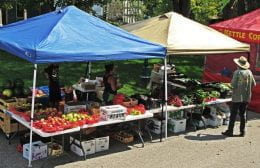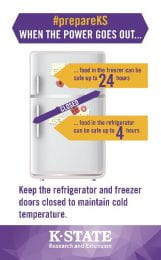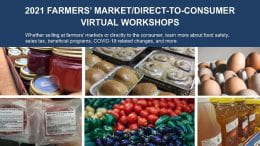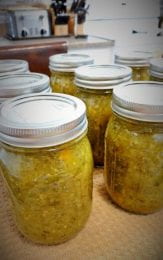The Kansas Department of Agriculture’s Food Safety and Lodging Program will continue monthly online webinars on food safety issues throughout 2021. The free webinar series will cover a variety of food safety issues that are of interest to food business operators, managers, and workers.

Each 30-minute webinar will consist of a presentation by food safety and lodging inspectors from across the state, followed by an opportunity for participants to ask questions of the presenters and other KDA Food Safety and Lodging Staff. These webinars are an outreach of the Food Protection Task Force, which serves to expand the knowledge base of the food and feed industry in Kansas.
The next six months of the webinar series have been scheduled. Each presentation will take place online at 3:00 pm Central time.
August 30 – Pet Treat Requirements
September 27 – Grocery Store Food Safety
October 25 – Holiday Cooking: food safety when preparing for large groups
November 29 – Specialized Processes: sous vide, ROP, sushi, etc.
December 27 – Food Safety Q&A
Register on the KDA Food Protection Task Force page at www.agriculture.ks.gov/FPTF. There is no cost to participate, but you must register to receive the login access information.
By: Ashley Svaty






